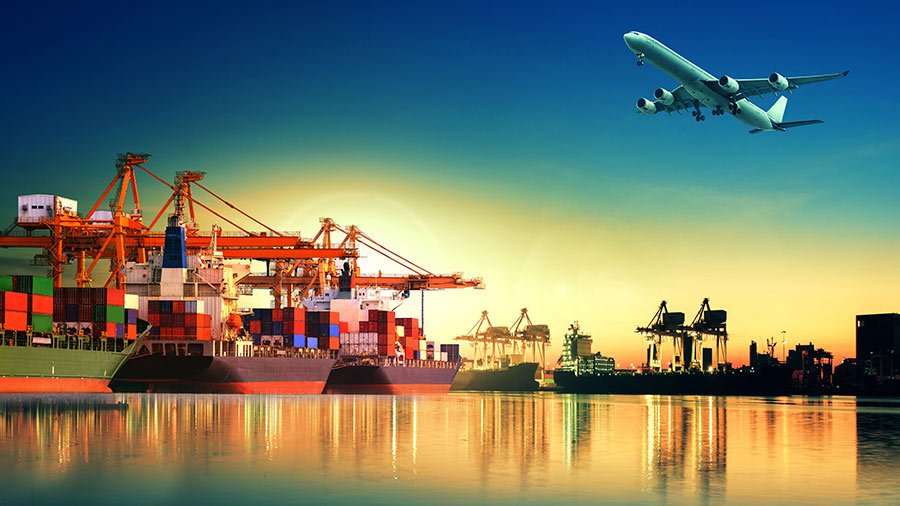Special Valuation Branch
The Special Valuation Branch (SVB), a division of the Custom House, is responsible for looking into business dealings involving supplier associations, including any technical cooperation between the parties. By submitting a bill of entry to the relevant customs authorities, the Appraising Group, all importers who are importing goods from related parties or who are working together technically must make a declaration regarding the relationship.
The Group will resort to the SVB order (Special Valuation Branch) for further analysis of the impact of connection on assessable value based on the conditions of the sale and the invoice value of the same or similar products. if the importer can prove that the import values are unaffected by the relationship by using the invoice value of sales to unrelated purchasers. In that situation, no recommendation to SVB in customs is necessary.
Also, the bill will be assessed in light of those concurrent import values. However, the Appraising Group must refer to the Special Valuation Branch with the prior consent of the Commissioner of Customs if there won’t be any concurrent imports and the contrast of values cannot be determined at the time of SVB in customs evaluation of the bill of entry.
Based on a referral from the Appraising Group, the case is registered with the Special Valuation Branch, and a PD circular for a provisional assessment is sent to both the importer and the Appraising Group. The importer must provide the PD circular number during the provisional assessment of all of its imports and execute a PD bond with an extra duty deposit at the specified rate on the assessable value of the goods, in addition to providing any other information requested by the Appraising Group’s questionnaire.
Based on the information provided by the importer, the D.C. (Special Valuation Branch) issues an original order, which is sent to both the importer and the Appraising Group. The original SVB order must be renewed after three years if it is to remain in effect.

How SalahKaro Help?
SalahKaro has professionals on staff with years of expertise advising importers on SVB at Customs so that their bill of entry can be approved by the Customs Authorities as well as the renewal of original orders. In order to fully assist the Special Valuation Branch of Customs, SalahKaro offers the following services:
- Examining the impact on the import price of the importer’s relationship with its suppliers and any other agreements for cooperation;
- Helping businesses organize the data and paperwork that must be submitted to the Appraising Group
- Preparation, filing, representation before the Appraising Group, and prompt assistance in order to expedite the case’s resolution
- Having a Follow up with the Appraising Group to shorten the time it takes to complete the procedure until the original order is received.
- Helping businesses extend original SVB orders after they expire to ensure continuous flow This post is sponsored by our partners Wigs

FREQUENTLY ASKED QUESTIONS
Currently, there are 5 special valuation branches in India i.e., Mumbai, Chennai, Kolkata, Delhi, and Bengaluru.
SVB investigations are usually applicable for all the imports undertaken from the related supplier. However, in the following cases, the SVB investigation is exempted:
- Import of prototypes and samples from related sellers
- Imports undertaken from related sellers where the customs duty on the product is nil or unconditionally fully exempt.
- Imports where the imported goods value less than Rs. 1 lakh and the value of imports cumulatively do not exceed Rs. 25 lakhs in a financial year.
They can act as supporting documents but cannot be the sole basis for the purpose of SVB investigations. Further, the purpose of SVB in customs authorities is to identify the undervaluation of imported goods whereas, the purpose of income tax authorities is to identify the overvaluation of imported goods. Also, different methodologies are adopted by customs and income tax for the valuation of goods. However, customs authorities may ask for the documents prepared for transfer pricing purposes under the income tax but they won’t be the sole basis for their investigation.
In case there is any change in the circumstances of sale or there is any change in the terms and conditions between the importer and the supplier, then the importer shall file a declaration in Annexure-C. In case the jurisdiction commissioner recommends the SVB orders process, then it will be initiated.
SVB valuation and investigation get triggered immediately on the first import from the related seller. As soon as the importer declares the seller as related while filing the bill of entry for customs clearance, the SVB investigation gets triggered.
The documents to be submitted as a sole distributor, sole agent or sole concessionaire have been prescribed in Annexure B.
Following importers who are related to the suppliers as per the following sections and rules shall be required to obtain SVB registration:
- Rule 2(1) of the Customs (Determination of Value of Export Goods) Rules, 2007
- Rule 2(2) of the Customs Valuation (Determination of Value of Imported Goods) Rules, 2007
- Section 14(1) of the Customs Act, 1962

